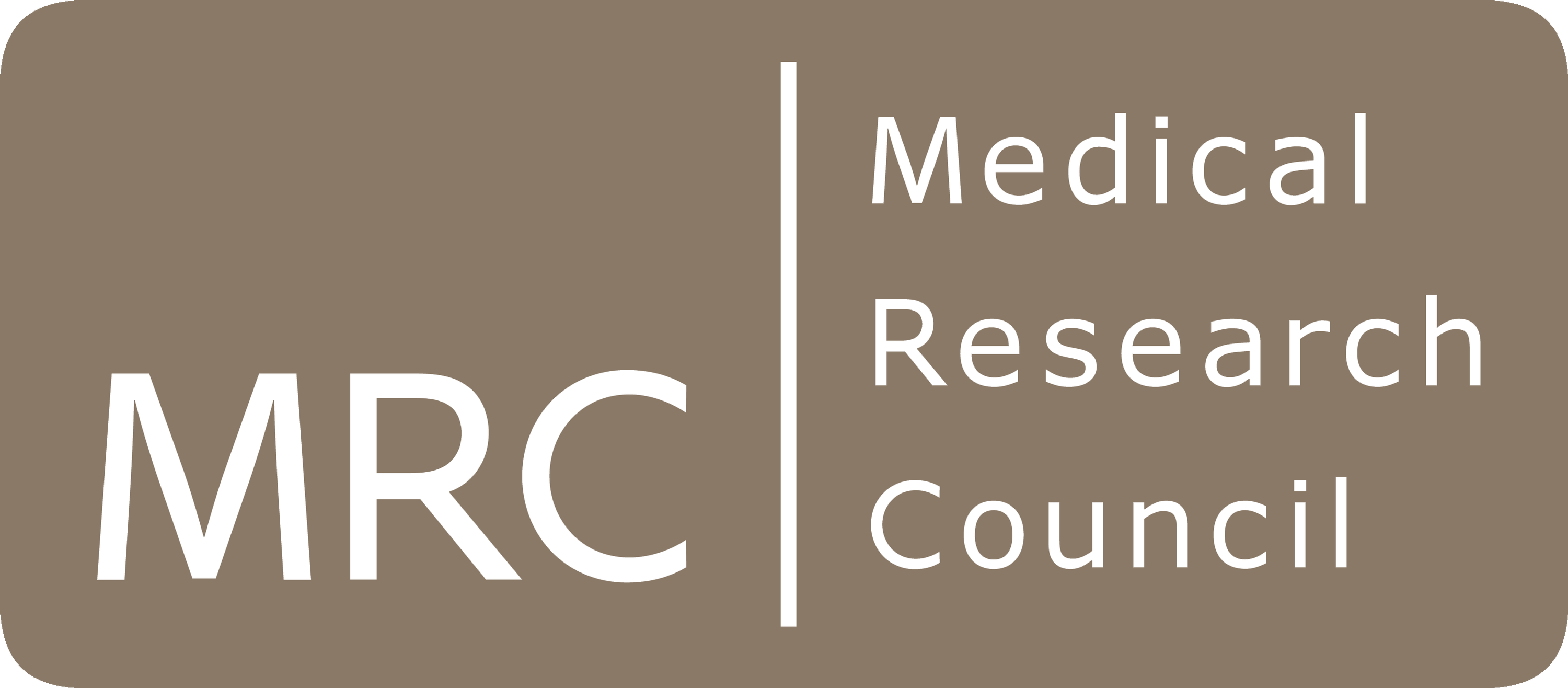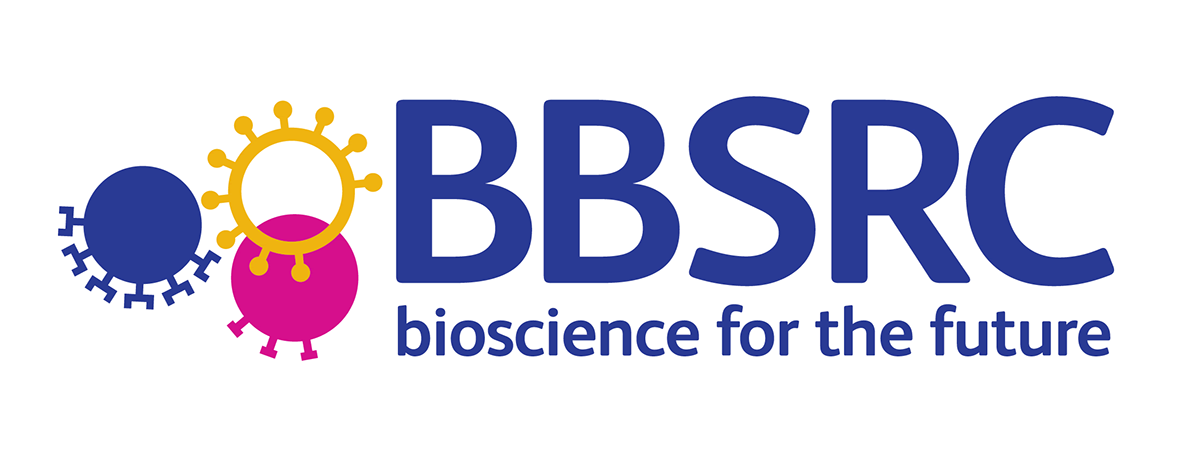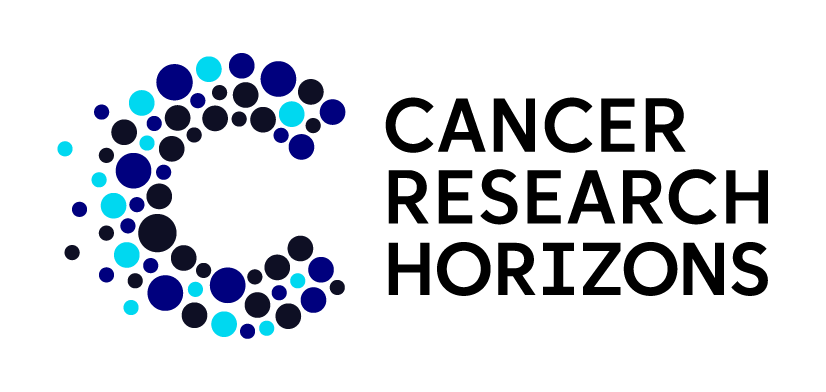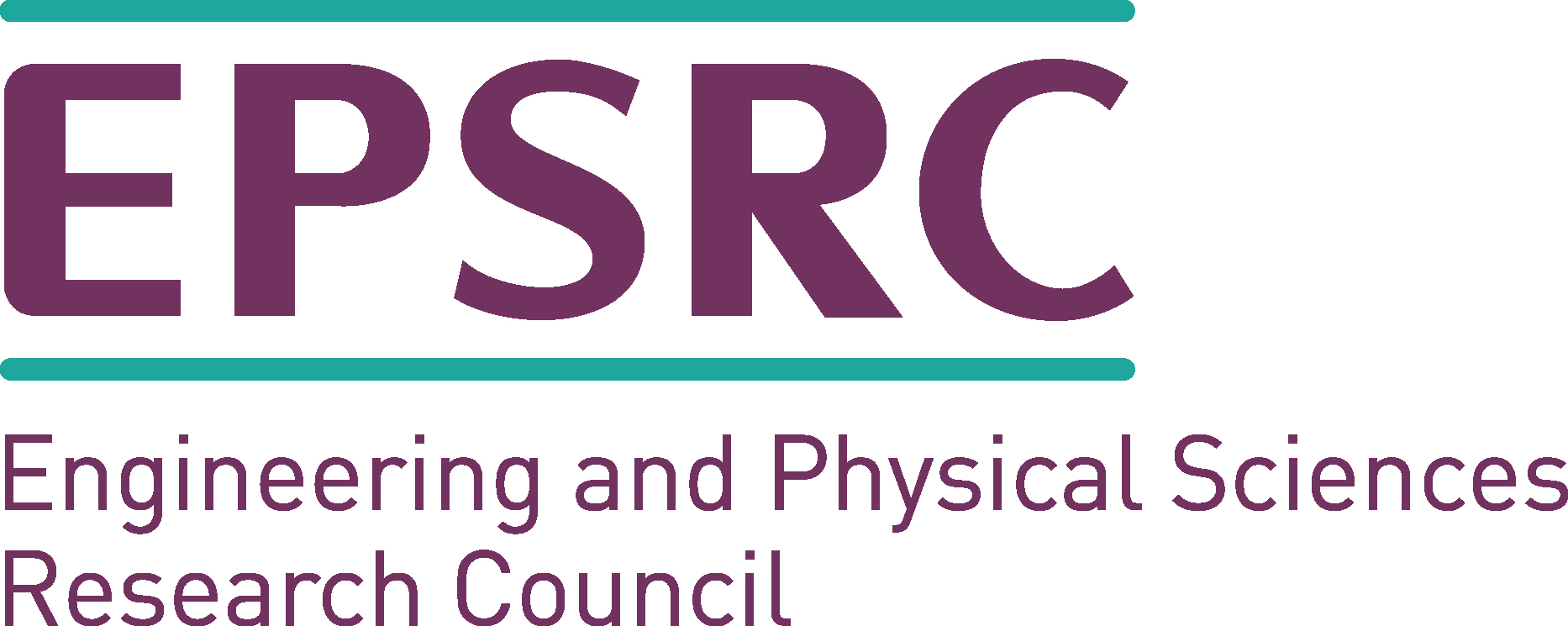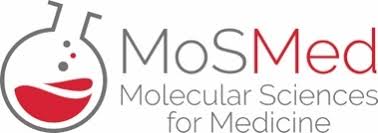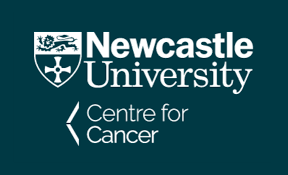Prof. Mike Waring
Mike’s key achievements have been made in the field of medicinal chemistry, in the discovery of clinical candidates for the treatment of cancer and diabetes as well as in developing new practice for medicinal chemistry optimisation. Within this remit, he has contributed to 150 papers in the Scopus database, with an h-index of 20.
Discovery of TAGRISSO™
Mike led the lead generation chemistry team that discovered selective inhibitors of the T790M resistance mutant form of EGFR and was instrumental in the discovery of osimertinib, the first approved treatment for T790M mutated lung cancer. Specific contributions to the programme involve identifying a scaffold with an inherent preference for T790M and selectivity over the wild-type form, overcoming the increased ATP affinity of the T790M mutated form by designed covalent inhibitors and optimising the resulting compounds to achieve in vivo activity. Mike was made an American Chemical Society Hero of Chemistry (2018) and awarded the Malcolm Campbell Medal by the Royal Society of Chemistry (2017) in recognition of his contributions to this work.
Property based drug design
Mike led chemistry teams that have discovered a total of 14 clinical candidates across the fields of oncology and diabetes. This includes GCK activators and inhibitors of DGAT1, HDAC1 and BRD4 in addition to EGFR. This success has been underpinned by development and application of property and structure-based optimisation methods that have general applicability, particularly with regard to optimisation ADMET properties such as hERG inhibition and permeability. His work in these areas has led to highly cited papers and has been recognised by international awards (Capps Green Zomaya Medal, 2010; RSC and European Federation of Medicinal Chemistry Outstanding Young Medicinal Chemist, 2010).
Exploitation of unconventional binding modes
Mike has advanced several concepts that exploit novel binding modes that provide potential advantages over conventional (equilibrium, orthosteric) mechanisms. He proposed and initiated the K4DD programme within the Innovative Medicines Initiative – a €20 million project to address the ability to rationally manipulate binding kinetics and exploit the advantages of slow dissociation. The project involved the successful collaboration between 11 academic partners and 10 pharmaceutical companies and SMEs across 5 countries. He led the lead generation project that developed macrocyclic inhibitors of the protein-protein interaction (PPI) of BCL6 from a combination of virtual screening and fragment hits, showing that macrocycles are an attractive modality to target poorly tractable PPIs. He also developed the concept of bivalent binding – simultaneously targeting two domains within a single protein, as applied to the dual bromodomain protein BRD4 and showed that this modality leads to significantly increased potency and selectivity along with slow dissociation. This work led to the clinical BRD4 inhibitor AZD5153.
Outreach and public engagement
Mike has been proactive in promoting medicinal chemistry to the public with a particular emphasis on cancer research. Through being awarded the inaugural Biological and Medicinal Chemistry Lectureship by the RSC (2014-15), he delivered a series popular science lectures showcasing the value of small molecule drugs in cancer treatment, highlighting the need for ongoing research. He has given talks showcasing ongoing research in cancer to fundraisers through CRUK events.

